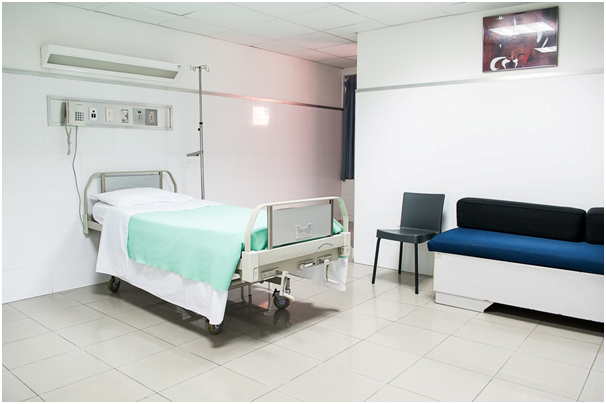
Why Should You Have Facility Management in Hospitals?
It is a known fact that hospitals need to maintain a clean environment that is free from germs and sterilized for their patients. The management of a hospital can take care of this aspect by employing a professional specialist. The facilities management in hospitals is the process of managing the building, its environment and equipment so as to maintain maximum hygiene and safety standards.
Healthcare facilities have unique set of challenges when it comes to managing their buildings and equipment. The facility is almost always in use, sometimes 24 hours a day, seven days a week. In addition to the constant operation, there are different health codes that must be adhered to in order for the building to remain operational. It is not just about the cleaning but it has to do a lot with maintenance of all hospital equipment, ensuring that they are fully functional and compliant with government regulations. This facility management department is also responsible for designing, planning, implementing, monitoring and evaluating the programs. This helps to save money as well as work effectively and efficiently. There are many benefits of having facilities management in hospitals which makes it an important part of the healthcare sector. Some of them are:
Keep the place free of germs
It is a known fact that hospitals need to maintain a clean environment that is free from germs and sterilized for their patients. The management of a hospital can take care of this aspect by employing a professional specialist. The facilities management in hospitals is the process of managing the building, its environment and equipment so as to maintain maximum hygiene and safety standards. Facility managers will have regular checkups in areas like Operation Theatre and keep track of the cleaning process. The whole premises of the hospital will be cleaned and disinfected regularly to avoid any type of infection.
Coordination in the functioning of the hospital
The exponential rate of chronic diseases and ageing continues to cause high healthcare demand. Managing the flow of people and coordinating the work of the hospital is a challenge in these circumstances. An integrated facility management service provider can organize patient’s room data, medical facilities, building equipment, security, cleanliness and maintenance in a hospital, thus delivering a smooth and effective treatment for patients.
Safety and security of the assets
The functioning of all multi-specialty hospitals is based on expensive equipment and costly tools. The security of these instruments is vital in the proper functioning of hospitals. For example, if the scanning machine fails suddenly, it will affect the treatment of the patients on time and may cause a delay in analyzing the health condition of a patient. Professional facility management will be constantly monitoring this equipment and will ensure it’s fully functional. The timely repair and maintenance will ensure this. They also monitor energy consumption for better utilization of resources.
Minimize medical errors
Medical errors are one of the most prevalent causes of death in the country. A recent study by Johns Hopkins University estimates that medical errors kill at least 210,000 people every year. Facility management is a critical part of the healthcare industry that plays a vital role in preventing medical errors and ensuring patients’ safety. Facility managers ensure the smooth running of hospital operations and maintenance. They make sure that all equipment and furniture like beds, wheelchairs, and toilets are in proper working conditions and follow the set sanitary and cleanliness protocols in hospital premises. This reduces the chances of having an error during treatment and protects both the lives of people and the reputation of the hospital.
Why should you outsource the Facility Management in the hospital?
Healthcare facilities need to find a balance between controlling costs and still maintaining a high level of care. One way to do this is to outsource the management of the facility, rather than doing it in- house. Outsourcing allows hospitals to have a larger staff that has a wider range of skills, without having to pay for all those employees, benefits and office space. Most of the healthcare facilities of today, including hospitals and clinics, outsource the management of their facilities to a third party. These companies take care of everything that can be outsourced such as cleaning, maintenance, security, housekeeping, food services, etc.
Source: https://www.stalwartgroup.com/why-should-you-have-facility-management-in-hospitals


